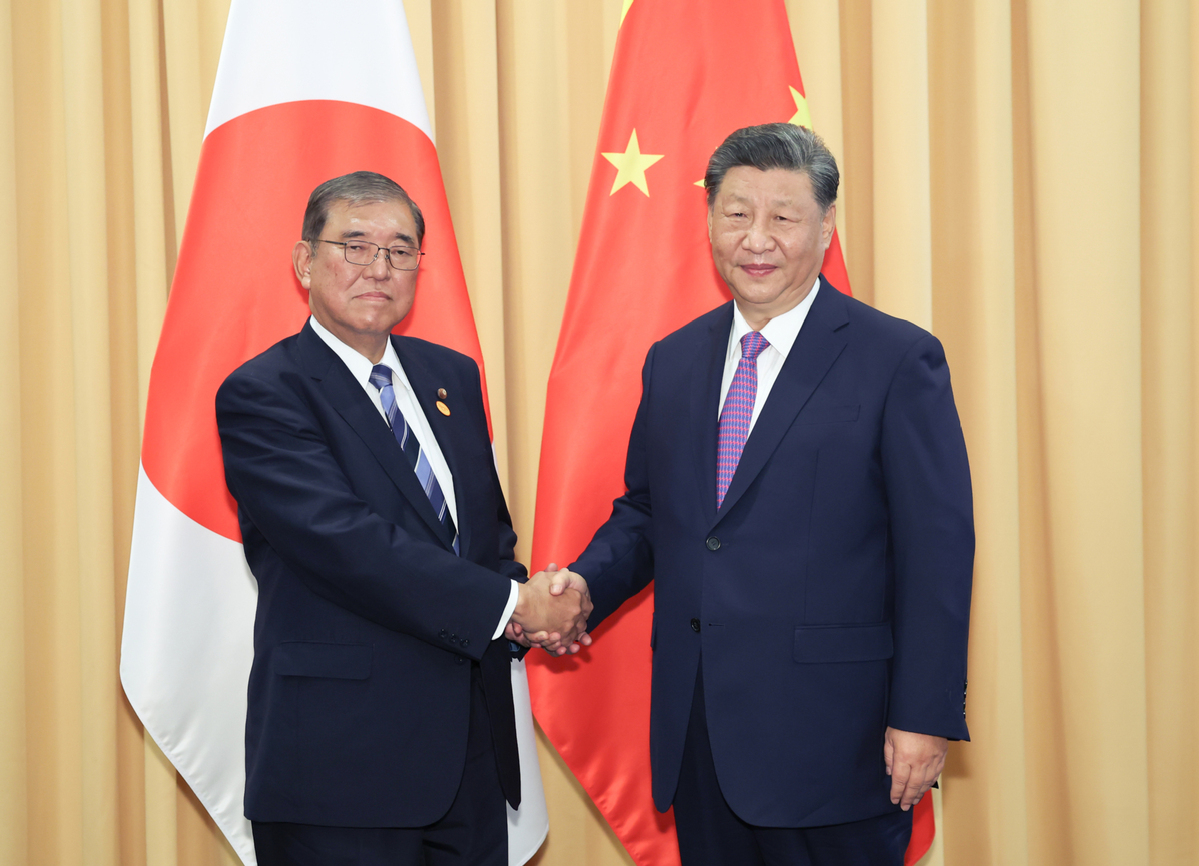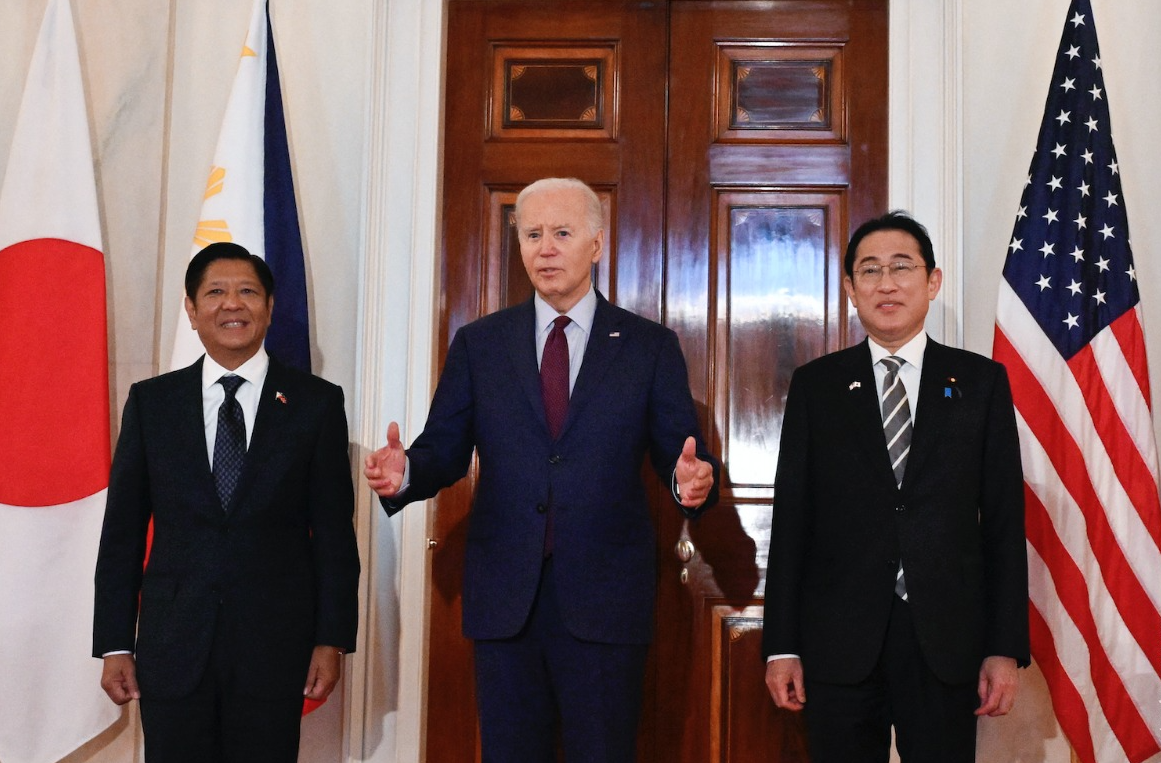Zhang Yun, Professor, School of International Relations, Nanjing University
Dec 24, 2024
The election of Donald Trump to a second term signals that the United States will temporarily step back from the next wave of globalization. As a consequence, Japan’s future security will lie in its deep integration into the processes of globalization and regional integration. This raises an opportunity for improving China-Japan relations.

Zhang Yun, Professor, School of International Relations, Nanjing University
Dec 20, 2024
From Shinzo Abe’s concept of escaping the postwar regime to Shigeru Ishiba’s idea of postwar political settlement, the trajectory of Japan’s political evolution is becoming increasingly apparent. For both China and the United States, responding to a Japan that embraces strategic autonomy poses a significant strategic challenge.
Warwick Powell, Adjunct Professor at Queensland University of Technology, Senior Fellow at Beijing Taihe Institute
Nov 22, 2024
The new Japanese prime minister wants to reassert Japan’s standing as a regional power, which will challenge the expectations of Washington elites and further rattle a region that is seeking to skirt the dynamics of great power competition.

Zhang Yun, Professor, School of International Relations, Nanjing University
Jun 05, 2024
China-Japan-ROK cooperation is not aimed at the United States, and it should not be constrained. The sustainability of future trilateral cooperation by China, Japan and the ROK ultimately depends on the continual development of internal dynamics of the three countries.

Lucio Blanco Pitlo III, President of Philippine Association for Chinese Studies, and Research Fellow at Asia-Pacific Pathways to Progress Foundation
May 02, 2024
The U.S., the Philippines, and Japan recently met in Washington for a trilateral summit, where they discussed security, diplomacy, economics, and more. At the meeting, Manila also exemplified a strategic alignment with Washington and Tokyo, particularly in countering China's assertiveness in the South China Sea and pursuing economic diversification away from Chinese dependency.
Liu Junhong, Researcher, Chinese Institute of Contemporary Int'l Relations
Dec 04, 2023
Over the 45 years since the China-Japan Peace and Friendship Treaty, the economic scale of the two countries has shifted. In addition, their economic structures have evolved, moving beyond an era of asymmetric dependence to a new phase characterized by mutual reliance.
Wang Fudong, Assistant Research Fellow, Institute of International Economics and Politics, Shandong Academy of Social Sciences
Apr 14, 2023
The negative impact of what appears to be a new cold war in East Asia — even as the U.S. forcefully pushes for U.S.-Japan-ROK cooperation — should not be underestimated. There are obvious obstacles within the alliance that will make moving forward difficult.
Cai Liang, Secretary-General and Research Fellow, Centre for Sino-Japanese Relations, SIIS
Apr 12, 2023
As close neighbors, China and Japan must seriously explore ways to coexist peacefully. The only way to build a robust relationship, as Premier Li Qiang has said, is for both sides to focus on the long-term picture and build on positive elements.
Richard Javad Heydarian, Professorial Chairholder in Geopolitics, Polytechnic University of the Philippines
Feb 28, 2023
Japan seeks to further develop its partnerships with ASEAN countries and neighboring states to reassess its place globally amidst tensions between the U.S. and China.
Zhang Yun, Professor, School of International Relations, Nanjing University
Jan 19, 2023
A approach to regional security that’s heavily based on deterrence will only lead to more insecure outcomes. Military strength is an important component, but it should not be pursued to the virtual exclusion of diplomacy. Regional consensus is essential.